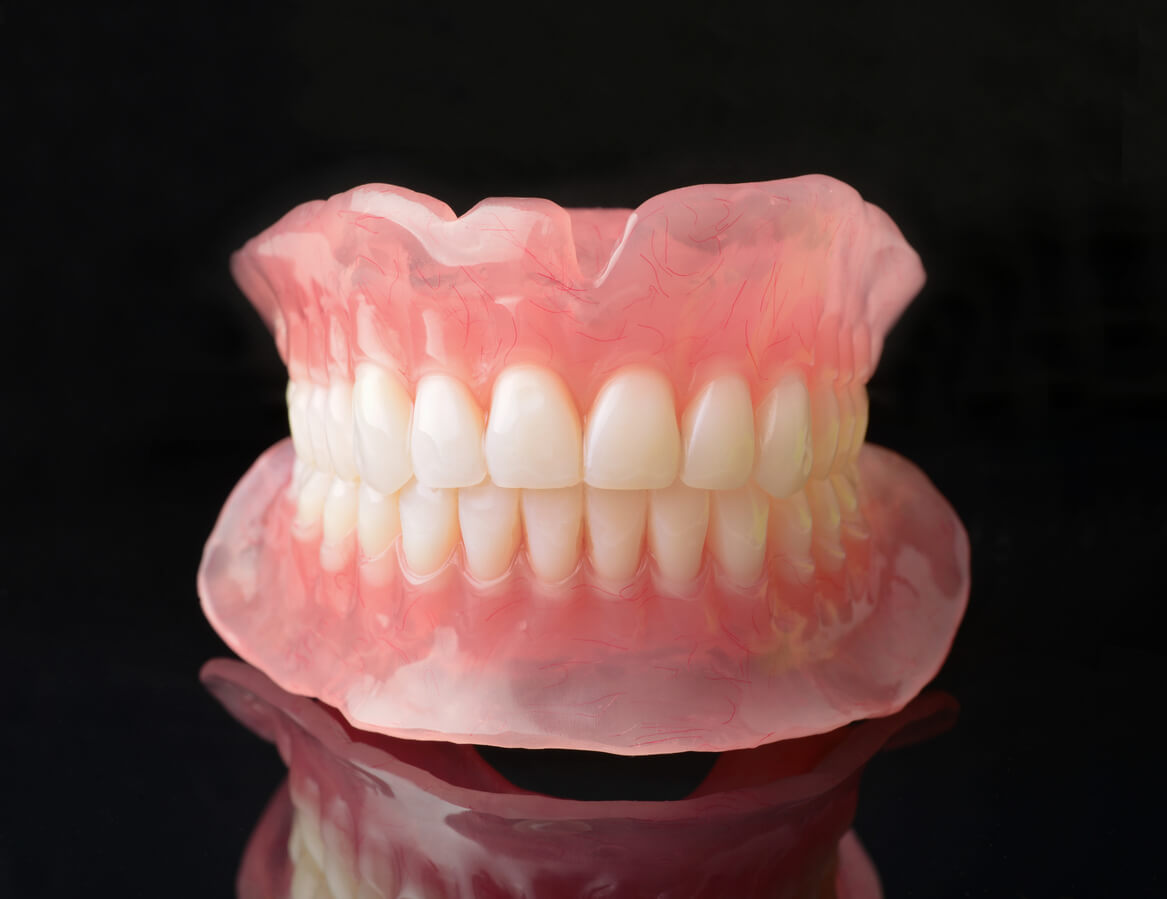Mar
28

We all know the role our teeth play in our day-to-day life, but have you ever stopped to wonder what exactly makes up these small, but mighty structures in our mouths? From the protective enamel to the sensitive pulp, each component plays a key role in the health and functionality of our teeth – but what are they made of? In this comprehensive guide, we’re going to take a look into the intricate layers and materials that form the foundation of your teeth, giving you insights into their complex composition and how you can maintain their health. And if you’re looking for practical advice on keeping your teeth in top shape, don’t miss our expert tips for optimal dental hygiene, essential reading for anyone aiming to achieve a healthy smile.
Let’s dive in!
What are Teeth?
Not as silly a question as it sounds! So, what are our teeth? Teeth are essential components of the oral cavity, serving multiple vital functions in our daily lives. Primarily made of a hard, mineral-rich substance called dentin, covered by an even harder layer of enamel – aka the hardest substance in the human body – teeth are designed for cutting, tearing, and grinding food, facilitating the initial step of digestion. Besides their role in nutrition, teeth are crucial for speech, aiding in the pronunciation of words by controlling airflow out of the mouth.
Teeth also play a significant role when it comes to facial structure and aesthetics, influencing one’s appearance and confidence, and human dentition is divided into four types: incisors, canines, premolars, and molars, each specialised for different aspects of chewing and grinding.
So, let’s break this down further.
Enamel: The Protective Shield
As just mentioned, the outermost layer of the tooth, enamel, is the hardest and most mineralised substance in the human body, and serves as a formidable barrier against physical and chemical damage, protecting the more sensitive layers underneath.
Dentin: The Supportive Layer
Beneath the enamel lies the dentin, a somewhat softer substance that still provides significant protection and support for the tooth. Dentin is also responsible for transmitting nerve signals, which is why a cavity that reaches the dentin can cause discomfort or pain.

Pulp: The Heart of the Matter
The pulp is the innermost part of the tooth, containing nerves, blood vessels, and connective tissue; the pulp is essentially the lifeblood of the tooth, supplying nutrients and oxygen to keep it healthy and responsive to changes in its environment.
Also Read: Why Are My Teeth See-Through?
Cementum: Connecting Tooth to Jaw
Cementum is a specialised bone-like substance that covers the tooth’s roots, anchoring it to the jawbone through the periodontal ligament, and this connection is vital for the stability and health of both the tooth and the jawbone.
The Formation Process: Odontogenesis
Odontogenesis is the complex process by which teeth form, develop, and erupt into the mouth. Understanding this process sheds light on how teeth achieve their strength and functionality, as well as the importance of proper dental care from an early age.
The Microscopic World of Teeth
At the microscopic level, teeth reveal an even more complex structure, with thousands of tubules running through the dentin, enamel crystals forming the tough outer layer, and a rich network of blood vessels and nerves within the pulp.
Factors Affecting Tooth Composition
Several factors, including diet, hygiene, genetics, and environmental influences, can affect the composition and health of teeth. Habits like alcohol, smoking, and having a sugar-rich diet can all wear down certain components – such as the enamel – leading to painful and costly problems down the line.
Common Dental Issues Related to Tooth Composition
Issues such as cavities, tooth sensitivity, and enamel erosion are directly related to the composition and condition of teeth; for example, tooth sensitivity is caused by worn-down enamel, whereas tooth infections are caused by bacteria growths within the tooth pulp. In better understanding the underlying causes of specific dental issues, patients can take proactive steps to prevent these problems.
Maintaining Healthy Tooth Composition
Finally, maintaining a healthy tooth composition involves a combination of good dental hygiene practices, regular dental check-ups, and a healthy diet. And if you’re not sure where to start, make sure to take a look at our blog where we share our tips for optimal dental hygiene, so you can help keep your teeth strong, and healthy and ensure they last a lifetime.
Read Next: Why Are My Teeth Yellow Even If I Brush Them Everyday?
The Bottom Line
Overall, it’s fair to say that our teeth are remarkable structures! Composed of various layers that each play vital roles in our overall dental health, our teeth help us do everything from bite to speak – and it’d be difficult – albeit not impossible – to function without them.
By understanding what our teeth are made of and taking steps to maintain their health, we can ensure that our smiles remain bright and healthy for years to come. And remember, if you ever have any concerns about your dental health, our dentists in Finchley are here to help, offering expert advice and care tailored to your unique needs.










